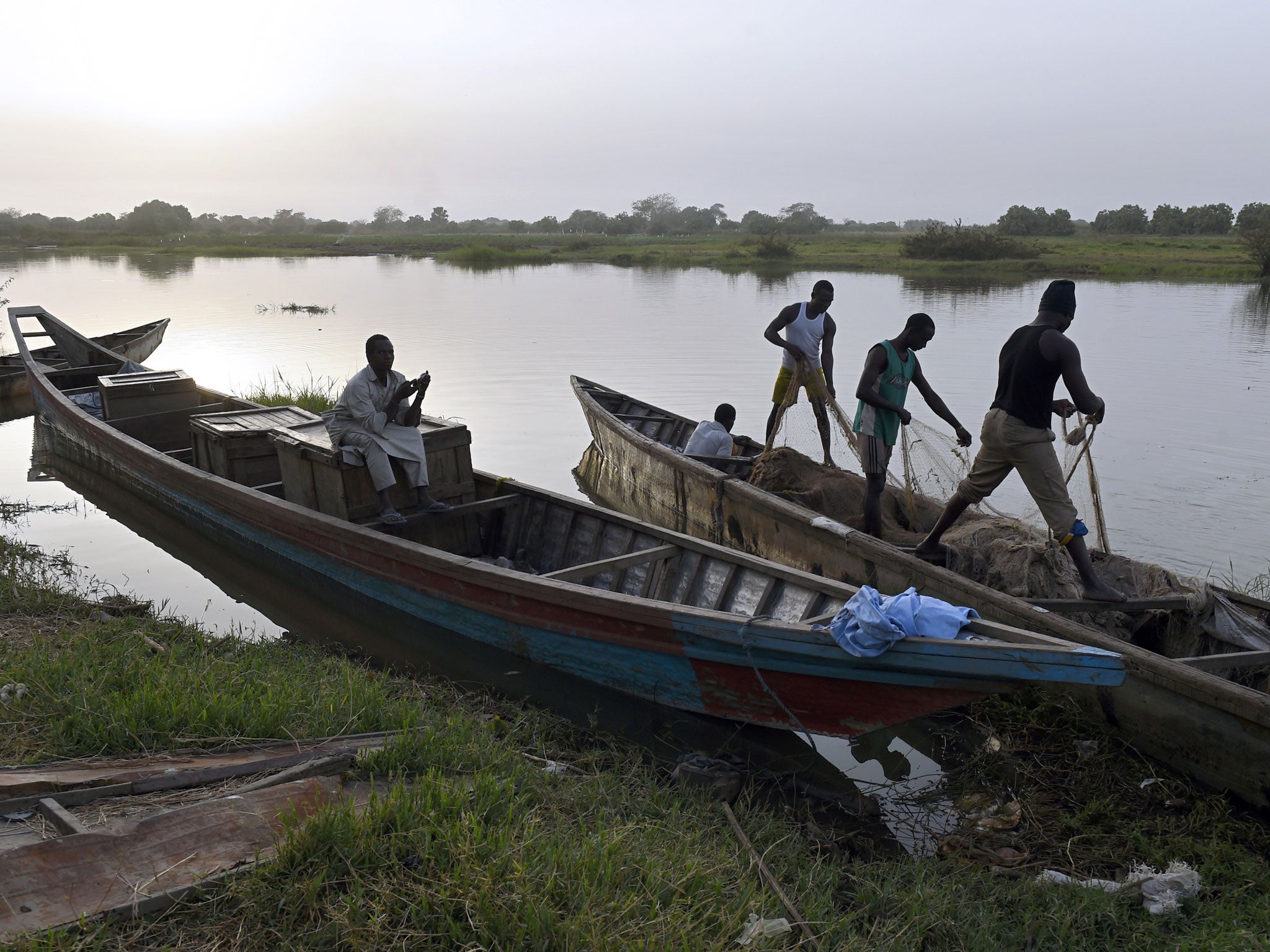Nigeria is an African powerhouse - but it is being held back by failing policies
President Buhari desperately needs the support not just of his government, but of the people of this vast country – itself divided between a largely Islamic north and mainly Christian south – if he is to hold it together and restore the economy to growth

Your support helps us to tell the story
From reproductive rights to climate change to Big Tech, The Independent is on the ground when the story is developing. Whether it's investigating the financials of Elon Musk's pro-Trump PAC or producing our latest documentary, 'The A Word', which shines a light on the American women fighting for reproductive rights, we know how important it is to parse out the facts from the messaging.
At such a critical moment in US history, we need reporters on the ground. Your donation allows us to keep sending journalists to speak to both sides of the story.
The Independent is trusted by Americans across the entire political spectrum. And unlike many other quality news outlets, we choose not to lock Americans out of our reporting and analysis with paywalls. We believe quality journalism should be available to everyone, paid for by those who can afford it.
Your support makes all the difference.Ask most forecasters which countries will own the 21st century and they will point to the likes of China, India, Russia and Brazil. Fewer will mention Nigeria, and yet it could plausibly be argued that this African powerhouse has the most potential of all.
As the continent’s biggest economy, with a population expected to surpass that of the US by 2050, and vast natural resources in possession of a government system that has shown signs of democracy, the future ought to belong to this emerging giant. And yet on the evidence of the past few months, the promise of Nigeria looks ever more likely to be a promise denied.
A new militant group called the Niger Delta Avengers has reduced the country’s output to its lowest in more than two decades. The group, which is based in the region where more than half of Nigeria’s oil is produced, says it wants a much greater share of oil revenues and more control of the resources from this wealthy region. To that end, it has used armed takeovers, kidnappings and aggressive, large-scale vandalism to damage the flow and output of the most important commodity the country has (after its people). Crude oil accounts for around two-thirds of state revenues and 90 per cent of hard currency earnings. That is why the precipitate drop in production, from around 2.2 million barrels a day to a mere 1.4 million, has been so calamitous.
This collapse in oil has had a devastating effect on Nigeria’s economy, which is heavily reliant on crude. Foreign reserves have fallen by nearly $3bn (£2bn) in the past year alone; and foreign exchange inflows to the central bank are down nearly 50 per cent year on year. But of course the international market in oil is as much of a problem for Nigeria as local factors: with shale reserves opening up in the US because of new fracking techniques, major oil producers such as Nigeria won’t see a dramatic recovery in the oil price any time soon.
The country’s economy is also stumbling because of policy failures by the government of Muhammadu Buhari. Currency policies and import controls he enacted have led to capital flight and stalling investment. The President was elected on a tough, anti-corruption ticket, and seen as a counterpoint to the lackadaisical approach adopted by his misnamed predecessor, Goodluck Jonathan. Mr Buhari’s assault on corruption seems genuine, but his economic stewardship has so far been woeful, even for allowing the dastardly hand he has been given. In the first quarter of this year, Nigeria contracted by 0.36 per cent. In the decade to 2014, it grew at an average seven per cent. For the 174 million people of this country, that slowdown is appalling.
Moreover, the economic crunch is just one of the problems facing Mr Buhari. Despite the recent discovery of one of the Chibok schoolgirls kidnapped two years ago, the battle against the Islamist insurgency of Boko Haram is not being won. These vile militants have been forced to make some strategic retreats, relinquishing territory they previously owned; but they are still rampant, and exercise control over vast swathes of the country and its neighbours.
Mr Buhari’s style of leadership, seen by even some of his allies as excessively secretive, means he is losing the political capital that his initial mandate provided. He desperately needs the support not just of his government, but of the people of this vast country – itself divided between a largely Islamic north and mainly Christian south – if he is to hold it together, restore the economy to growth, a defeat the militants who want to impose sharia over much of Africa. As things stand, the President is fighting a losing battle.
Join our commenting forum
Join thought-provoking conversations, follow other Independent readers and see their replies
Comments